The Aviation Security Market is currently characterized by a dynamic competitive landscape, driven by increasing global air travel and heightened security concerns. Key players are actively engaging in strategies that emphasize innovation, technological advancement, and strategic partnerships. Companies such as Thales (FR), L3Harris Technologies (US), and Raytheon Technologies (US) are at the forefront, focusing on enhancing their product offerings through advanced technologies like artificial intelligence and machine learning. This collective emphasis on innovation not only strengthens their market positions but also shapes the competitive environment, fostering a culture of continuous improvement and adaptation.
In terms of business tactics, companies are increasingly localizing manufacturing and optimizing supply chains to enhance operational efficiency and responsiveness to market demands. The Aviation Security Market appears moderately fragmented, with several key players exerting influence over various segments. This structure allows for a diverse range of solutions and services, catering to the specific needs of different regions and customer bases, while also fostering healthy competition among the major players.
In August 2025, Thales (FR) announced a strategic partnership with a leading cybersecurity firm to enhance the security of its aviation systems. This collaboration aims to integrate advanced cybersecurity measures into Thales' existing security solutions, thereby addressing the growing concerns regarding cyber threats in aviation. The strategic importance of this move lies in Thales' commitment to not only providing physical security solutions but also ensuring the integrity of digital systems, which is increasingly critical in today's interconnected world.
In September 2025, L3Harris Technologies (US) unveiled a new line of advanced baggage screening systems that utilize AI to improve detection capabilities. This innovation is particularly significant as it addresses the need for faster and more accurate screening processes in airports. By leveraging AI, L3Harris Technologies positions itself as a leader in operational efficiency, potentially reducing wait times and enhancing passenger experience, which is a crucial factor in the competitive landscape.
In July 2025, Raytheon Technologies (US) expanded its global footprint by establishing a new research and development center in Asia focused on aviation security technologies. This strategic move is indicative of Raytheon's intent to tap into emerging markets and leverage local expertise to drive innovation. The establishment of this center not only enhances Raytheon's capabilities but also signifies a commitment to addressing regional security challenges, thereby strengthening its competitive position in the global market.
As of October 2025, the Aviation Security Market is witnessing trends that emphasize digitalization, sustainability, and the integration of AI technologies. Strategic alliances among key players are increasingly shaping the competitive landscape, fostering collaboration that enhances innovation and operational efficiency. Looking ahead, it is likely that competitive differentiation will evolve, shifting from traditional price-based competition to a focus on technological innovation, reliability of supply chains, and the ability to adapt to rapidly changing security needs.


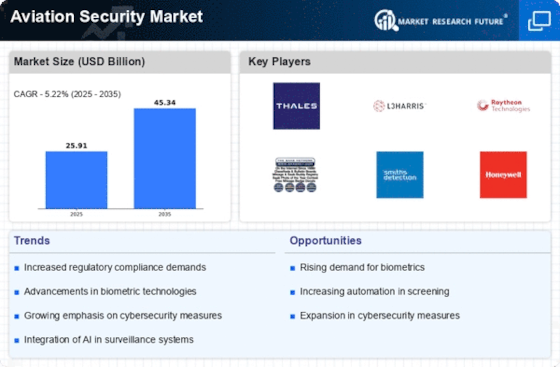
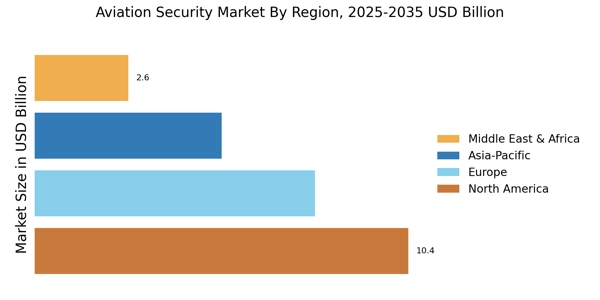

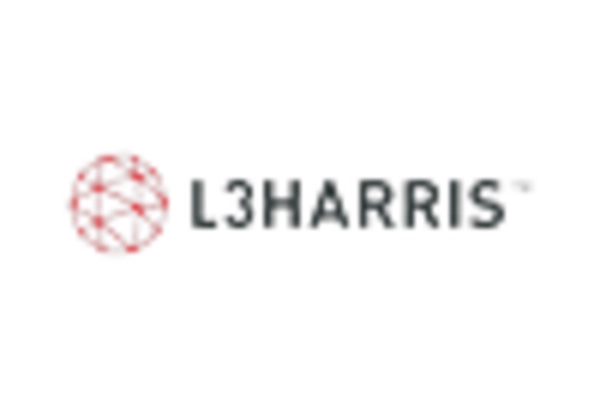

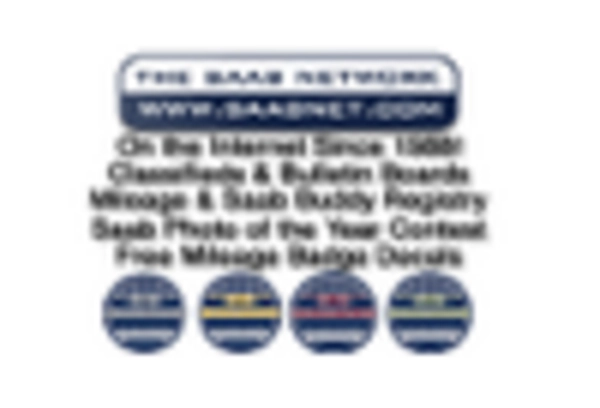
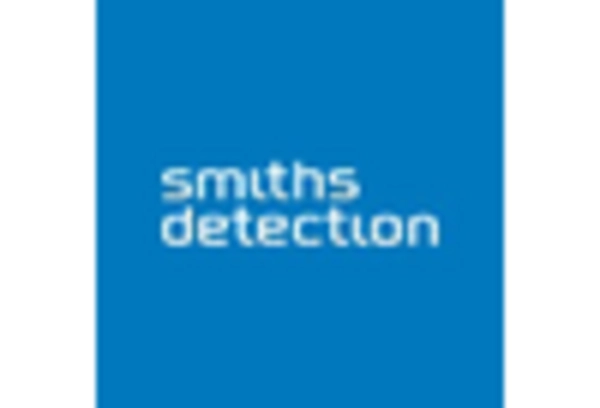









Leave a Comment